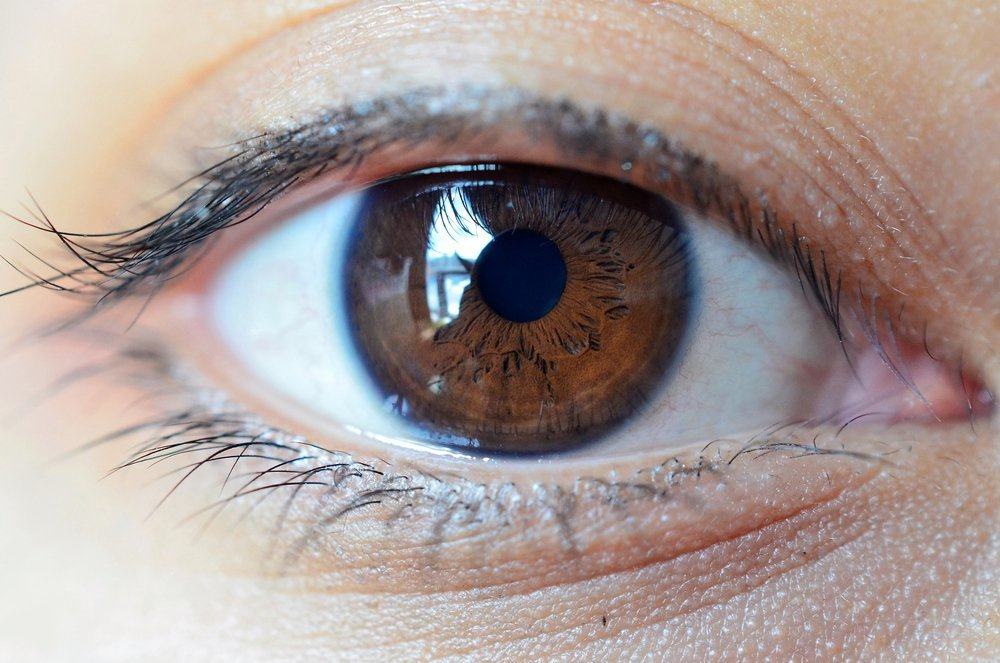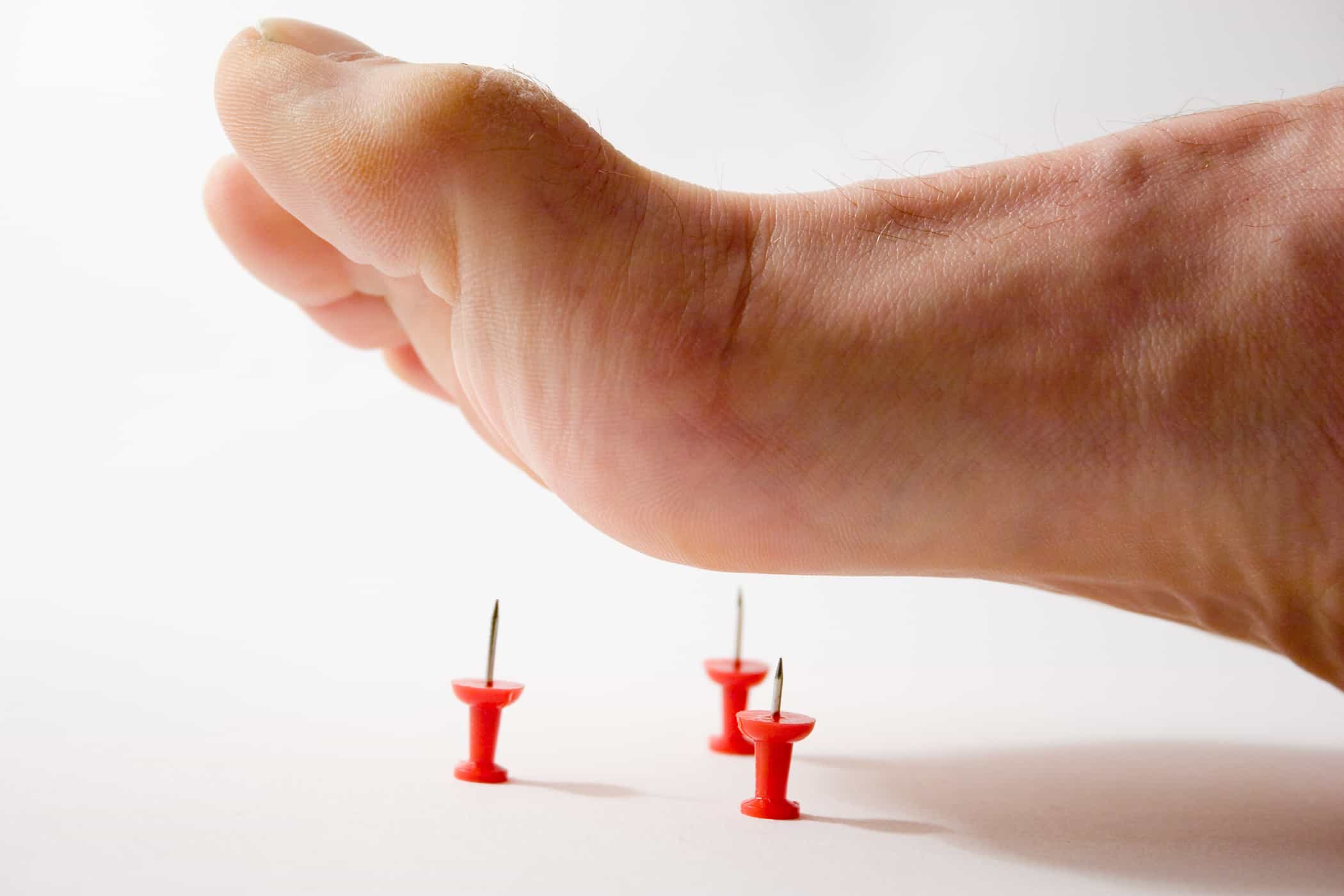Contents:
- Medical Video: What You Need to Know About Gonorrhea
- How do I know if I have gonorrhea?
- Symptoms of gonorrhea in women
- Symptoms of gonorrhea in men
- How long does it take for symptoms to appear?
- What is the effect if I get gonorrhea?
- How is gonorrhea treated?
- What will happen if I don't treat gonorrhea?
- How to prevent gonorrhea infection?
Medical Video: What You Need to Know About Gonorrhea
Gonorrhea is a sexually transmitted disease caused by a bacterium named neisseria gonorrhoeae. These bacteria can be transmitted from one person to another through sek, vagina, oral, or anal, even when an infected person has no symptoms. This bacterium can also be passed from mother to baby during childbirth. You will not contract gonorrhea from a towel, door handle or toilet seat.
How do I know if I have gonorrhea?
Not everyone who is infected with gonorrhea has symptoms, so knowing when to get treatment can be quite difficult. When symptoms occur, they usually appear within two to 10 days after exposure to the bacteria, but it can take up to 30 days for the bacteria to develop, and the following features:
Symptoms of gonorrhea in women
- The liquid is greenish yellow or white from the vagina.
- Pain in the lower abdomen or pelvis.
- Heat when urinating.
- Conjunctivitis (redness, itching in the eyes).
- Bleeding when not menstruating.
- There are blood spots after having sex.
- Swelling of the vulva.
- Heat in the throat (caused by oral sex).
- Swelling of the throat gland (due to oral sex).
In some women, symptoms can be very mild so often not realized.
Many women who experience leucorrhoea due to gonorrhea think that they have fungal infections and self-medication with many over-the-counter fungal infections. Because vaginal discharge can be a sign of a number of different problems, it is better for you to always seek advice from your doctor to ensure proper diagnosis and treatment.
Symptoms of gonorrhea in men
- There is a greenish or white yellow liquid from the penis.
- Heat when urinating.
- Heat in the throat (caused by oral sex).
- Swollen or painful testicles.
- Swelling of the throat gland (due to oral sex).
In men, symptoms usually appear around 2 to 14 days after infection.
How long does it take for symptoms to appear?
Symptoms usually appear 2 to 7 days after a person is exposed to gonorrhea, and women may appear longer.
What is the effect if I get gonorrhea?
Gonorrhea can be very dangerous if left untreated, even in someone who has mild symptoms and has no symptoms. In women, the infection can move into the uterus, fallopian tubes (resulting in pelvic inflammatory disease) and can cause injury and infertility (inability to have a baby). Gonorrhea infection during pregnancy can cause problems in newborns, including meningitis (inflammation of the membranes around the brain and spinal cord) and eye infections that have an impact on blindness if left untreated.
In men, gonorrhea can spread to the epididymis, causing pain and swelling in the testicles. This can hurt tissue that might make a man become infertile.
For both men and women, untreated gonorrhea can affect other organs and body parts including the throat, eyes, heart, brain, skin, and joints, although this is rare.
How is gonorrhea treated?
To cure gonorrhea infection, your doctor will give you medication for taking or injecting antibiotics. Your partner should also be treated at the same time to prevent re-infection and further spread of the disease.
It's important to get rid of all your antibiotics even if you feel better. Also, never use someone else's medicine to treat your disease. By doing so, your infection may be more difficult to treat.
Tell everyone who has sex with you lately that you have gonorrhea. This is important because gonorrhea may have no symptoms. Women, in particular, may not have symptoms and therefore do not carry out examinations or treatment unless warned by their sex partners.
Don't have sex until you have finished using all your medications. Always use condoms when having sex.
What will happen if I don't treat gonorrhea?
Untreated gonorrhea can cause serious and permanent problems for both men and women.
In women, if left untreated, the infection can cause pelvic inflammatory disease, which may damage the fallopian tubes or even affect infertility. And untreated gonorrhea infection can increase the risk of an ectopic pregnancy, a condition in which fertilization of the egg develops outside the uterus. This is a dangerous condition for mother and baby.
In men, gonorrhea can cause epididymitis, a painful condition in the testicles which can sometimes cause infertility if left untreated. Without proper treatment, gonorrhea can also affect the prostate and injure tissue inside the urethra, making the process of urinating difficult.
Gonorrhea can spread to the blood or joints. This condition can be life threatening. Also, people with gonorrhea can be more susceptible to HIV, the virus that causes AIDS. People with HIV infection and gonorrhea are more likely to occur than the transmission of the HIV virus to others.
How to prevent gonorrhea infection?
To reduce the risk of gonorrhea infection:
- Use condoms correctly every time you have sex
- Don't change sex partners
- Limit sexual contact with uninfected partners
- If you feel infected, avoid sexual contact and see a doctor
Symptoms of genital organs such as vaginal discharge or burning sensation during urination and pain or rashes should be a sign to stop having sex and consult a doctor immediately. If you are told you have gonorrhea or other sexually transmitted diseases and receive treatment, you should tell your partner so that they can see a doctor and be treated as well.
READ ALSO:
- What You Need To Know About Chlamydia
- 7 Your Symptoms May Have Genital Disease
- Is it true that using double condoms is safer?












